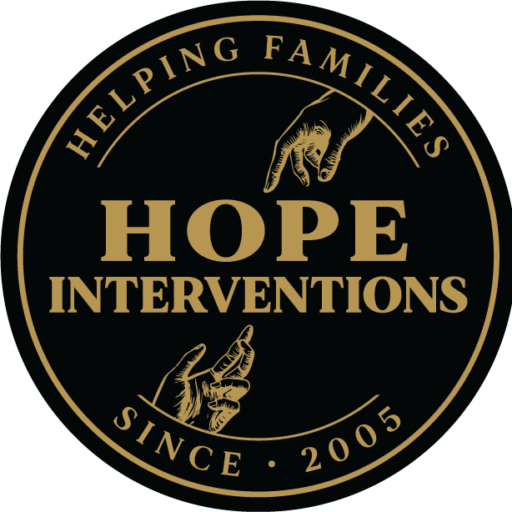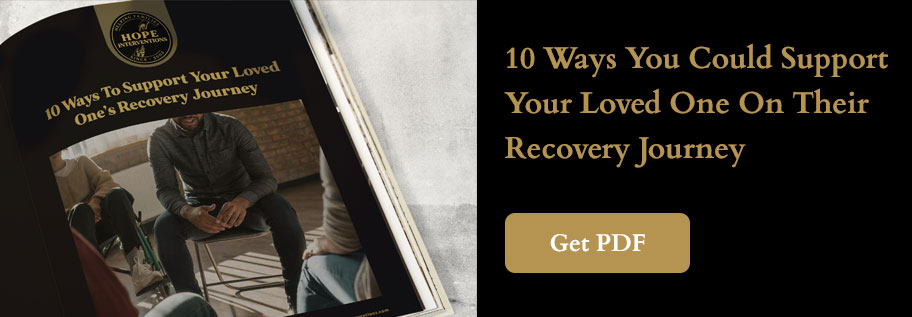When a loved one is struggling with drug or alcohol addiction, families often feel powerless. They may have tried countless conversations, ultimatums, or pleas—all with little success. That’s where an addiction interventionist comes in. These professionals provide the structure, expertise, and compassion needed to turn a crisis into a turning point.
This guide explains what addiction interventionists do and how the intervention process works, so families know what to expect.
What Does an Addiction Interventionist Do?
An addiction interventionist is a trained professional who helps families encourage their loved one to accept treatment. Their responsibilities include:
- Assessing the situation: Learning about the individual’s substance use and family dynamics.
- Educating the family: Explaining how addiction affects the brain, behavior, and relationships.
- Preparing loved ones: Coaching family members to communicate with love, not blame.
- Facilitating the intervention meeting: Leading the conversation in a structured, supportive way.
- Connecting to treatment: Guiding the individual directly into rehab, detox, or therapy programs.
- Providing aftercare support: Offering ongoing guidance for both the individual and the family.
How the Intervention Process Works
1. Initial Consultation
The process begins with a confidential meeting between the interventionist and the family to assess needs, history, and goals.
2. Planning and Preparation
The interventionist works with family members to:
- Write personal statements of love and concern.
- Define boundaries and consequences if treatment is refused.
- Rehearse the intervention so everyone is prepared.
3. The Intervention Meeting
The interventionist leads the meeting, keeping emotions in check and ensuring the focus stays on love and recovery. The family presents their prepared statements, and treatment options are offered immediately.
4. Transition to Treatment
If successful, the loved one enters treatment right away. The interventionist often assists with logistics like admissions, travel, and coordination with treatment centers.
5. Family Aftercare
Recovery is ongoing, and families need support too. Interventionists may provide coaching, resources, or referrals to family support groups like Al-Anon.
Why Families Hire an Interventionist
- Higher chance of success: Structured interventions are more effective than unplanned conversations.
- Reduced conflict: Professionals help keep emotions calm and focused.
- Expertise in addiction: Interventionists understand denial, fear, and resistance.
- Peace of mind: Families know they are not facing this challenge alone.
Conclusion
An addiction interventionist does more than lead a meeting—they guide families through one of the hardest experiences of their lives with structure, compassion, and expertise. By understanding how the process works, families can feel empowered to take the next step toward hope and healing.
At Hope Interventions, we walk alongside families from the first phone call to the first day of treatment—and beyond—ensuring no one has to face addiction alone.

